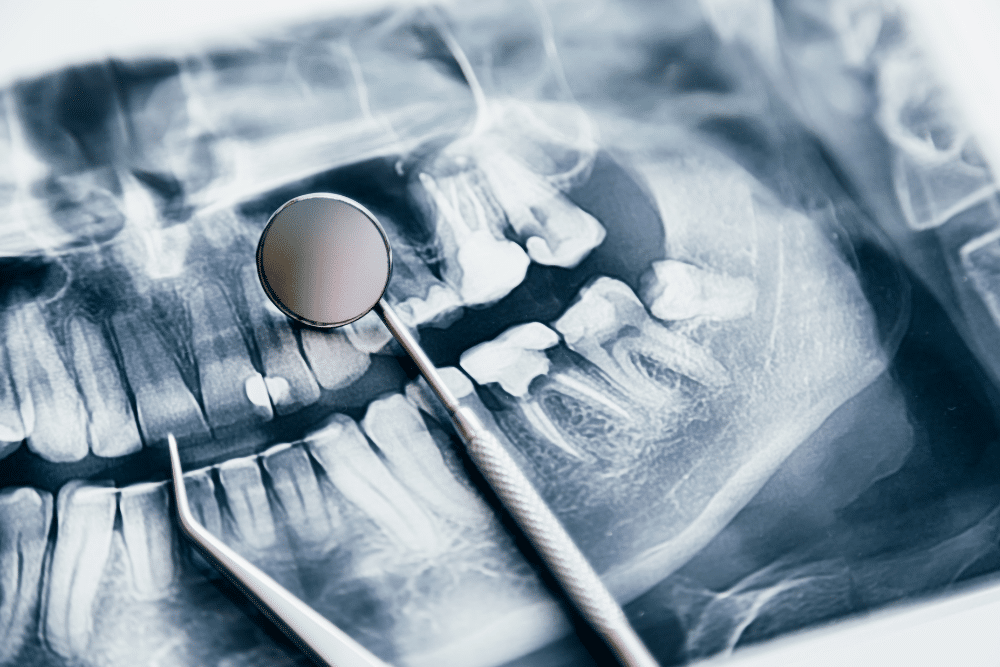
Oral surgery can be life-changing, whether it involves wisdom tooth extraction, corrective jaw surgery, or dental implant placement. Proper post-operative care is essential to minimize complications, promote healing, and ensure a smooth recovery process. Knowing what to expect after surgery and following your surgeon’s instructions can make a significant difference in outcomes and overall comfort.
Consulting experienced oral & maxillofacial surgeons in Rancho Cucamonga ensures that you receive personalized care, guidance, and follow-up support after any oral surgery. These specialists not only perform procedures with precision but also educate patients on recovery techniques, pain management, and proper oral hygiene to support long-term oral health.
Common Post-Operative Guidelines for Oral Surgery
Following post-op instructions is crucial for minimizing swelling, reducing pain, and preventing infection. Key recommendations from oral surgeons typically include:
• Rest: Allow your body time to heal by avoiding strenuous activity for several days.
• Ice Packs: Apply ice to the affected area during the first 24–48 hours to control swelling.
• Pain Management: Use prescribed or over-the-counter medications as directed to manage discomfort.
• Dietary Adjustments: Stick to soft foods and avoid hot, spicy, or crunchy items that can irritate surgical sites.
• Oral Hygiene: Gently rinse with saltwater or prescribed mouthwash to keep the surgical area clean, avoiding vigorous brushing near the site.
Following these guidelines can significantly reduce the risk of complications and support faster healing.
Tips for Reducing Swelling and Discomfort
Swelling and mild discomfort are normal after oral surgery. To manage these symptoms effectively:
• Keep your head elevated while resting.
• Apply cold compresses intermittently during the first 48 hours.
• Switch to warm compresses after 48 hours if swelling persists.
• Stay hydrated and maintain a balanced intake of soft, nutritious foods.
These strategies promote circulation, reduce inflammation, and aid tissue recovery, making your healing process smoother.
Caring for Dental Implants
For patients who receive dental implants in Rancho Cucamonga, proper post-op care is even more critical. Implants require time for the jawbone to integrate with the titanium post, a process known as osseointegration. Patients should avoid applying pressure to the surgical site, refrain from smoking, and maintain diligent oral hygiene. Regular follow-ups with your oral surgeon ensure the implant heals properly and reduces the risk of infection or implant failure.
Managing Pain and Preventing Complications
Pain management is a priority after oral surgery. Surgeons often prescribe pain medication and may recommend over-the-counter options for mild discomfort. It’s important to take medications exactly as prescribed. Avoid activities that can disrupt the surgical site, such as vigorous rinsing, smoking, or using straws, as these actions may lead to dry socket or delayed healing.
Signs that require immediate attention include excessive bleeding, severe swelling, persistent pain, or signs of infection such as fever. Contacting your oral & maxillofacial surgeons in Rancho Cucamonga promptly can prevent complications from escalating.
Supporting a Healthy Recovery
Beyond the surgical site, overall health plays a key role in recovery. Adequate rest, proper nutrition, and stress management help the body repair tissues efficiently. Maintaining a positive mindset and following post-op instructions consistently contribute to a successful healing process and long-term oral health.
Conclusion
Recovery after oral surgery requires careful attention to post-operative care, proper hygiene, and adherence to your surgeon’s instructions. Whether you are undergoing wisdom tooth removal, jaw surgery, or dental implants in Rancho Cucamonga, following recommended guidelines ensures minimal discomfort, faster healing, and optimal results. Trusting experienced oral & maxillofacial surgeons guarantees you receive professional guidance, comprehensive care, and the support needed for a smooth, successful recovery.
Comments